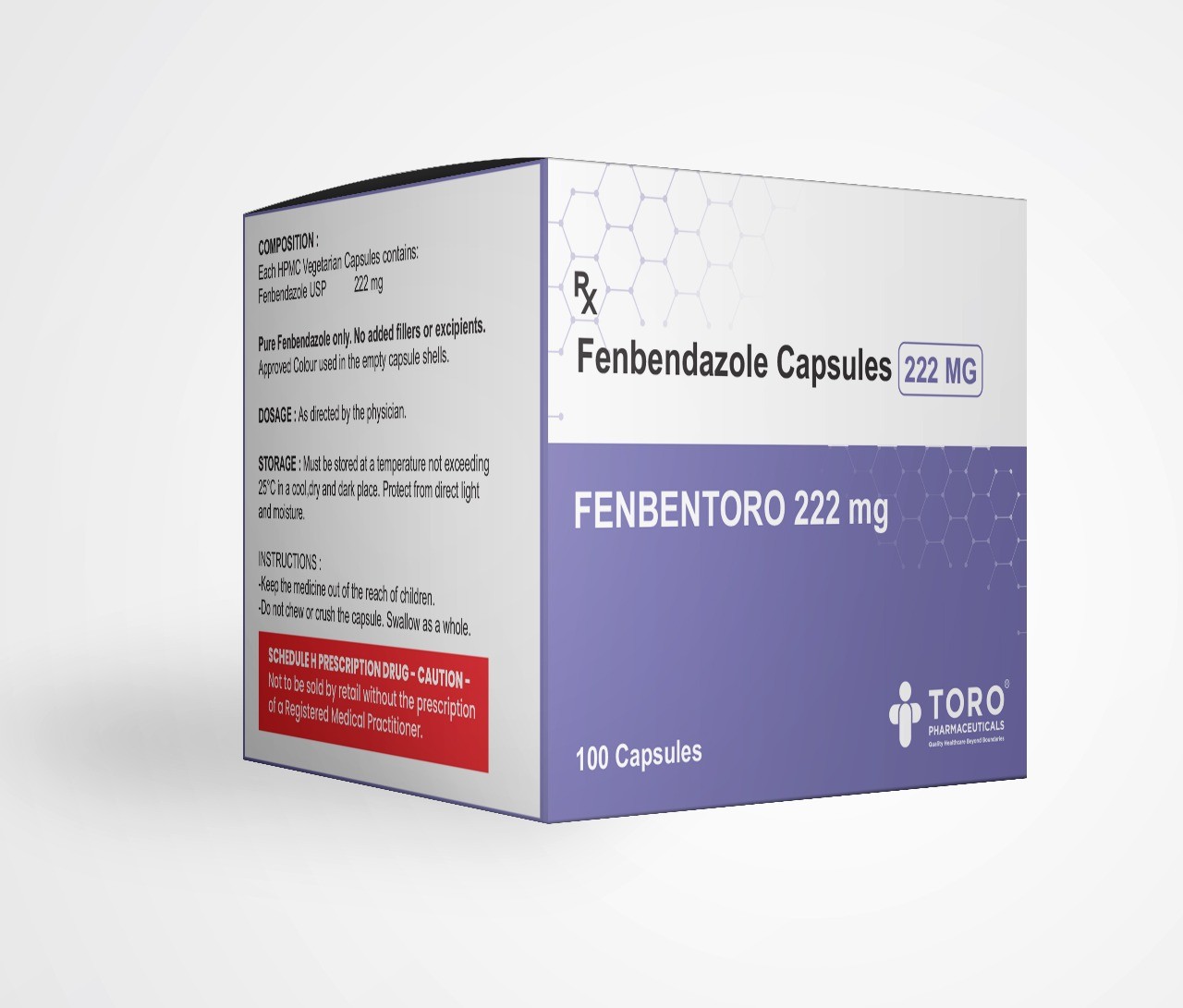fenbendazole capsules vs Other Dewormers: Which is Better?
Understanding the Conveniences and Uses of Fenbendazole in Vet Medication
Fenbendazole has established itself as a vital anthelmintic in vet medicine. Its capacity to target numerous parasitical infections makes it a valuable device for veterinarians. The medicine's device interferes with essential cellular procedures in parasites, resulting in reliable treatment results. Nevertheless, its safety and security account varies between species, requiring cautious consideration in its usage. Recognizing these characteristics can shed light on fenbendazole's broader effects in vet treatment and recurring study right into its possible beyond typical applications
System of Action of Fenbendazole

Common Parasitic Infections Dealt With With Fenbendazole
A range of parasitical infections are properly treated with fenbendazole, making it a versatile alternative in vet medication. This anthelmintic agent is specifically reliable versus nematodes, including roundworms and hookworms, which typically impact pets and cats. It is also made use of for the therapy of cestodes, such as tapeworms, offering a wide range of action versus both kinds of intestinal parasites. Furthermore, fenbendazole is valuable in handling infections triggered by protozoa, especially Giardia, which can cause stomach distress in pets. Its effectiveness encompasses treating specific lungworms in pooches and felines, resolving respiratory system health problems linked to these bloodsuckers. Overall, fenbendazole's capacity to target several parasitical varieties makes it an important device in vet practice, making sure the wellness and health of pets influenced by these typical infections.
Safety and Efficacy in Different Pet Types
The safety and security and efficacy of fenbendazole vary amongst different animal varieties, underscoring the importance of species-specific considerations in veterinary medicine. In dogs, fenbendazole is usually well-tolerated and efficient versus a variety of intestinal bloodsuckers, consisting of roundworms and hookworms. For felines, nevertheless, its use is less typical and may call for mindful application due to possible unfavorable reactions.
In animals, such as cattle and lamb, fenbendazole shows performance versus different endoparasites, adding to boosted wellness and productivity. Nonetheless, the pharmacokinetics and potential adverse effects can vary considerably in between types, requiring cautious examination by veterinarians.
Equines likewise respond favorably to fenbendazole, especially for dealing with strongyles and ascarids, though dose and administration routes have to be customized to their one-of-a-kind physiology. Comprehending these distinctions is essential for enhancing therapy end results and making certain animal well-being across varied species.
Administration and Dose Guidelines
Appropriate administration and dosage guidelines are crucial for making the most of the therapeutic effects of fenbendazole while decreasing potential adverse effects. The dose usually varies relying on the varieties being treated, the particular condition, and the solution of fenbendazole used. fenbendazole 222. For dogs and pet cats, a common dose is 50 mg/kg body weight, provided daily for three consecutive days, yet veterinarians might change this find more info based upon specific health and wellness assessments
It is crucial to provide fenbendazole with food to boost absorption and reduce intestinal upset. The medicine is readily available in different types, including granules and paste, enabling versatile administration options. Monitoring the pet's feedback during and after treatment is suggested to validate efficacy and safety and security. In addition, vet guidance is vital to identify the proper period of therapy based upon the kind of parasitic infection being addressed, ensuring excellent end results for the animal's health.
Future Perspectives and Research Study on Fenbendazole
Research study on fenbendazole remains to evolve, concentrating on its possible applications past standard antiparasitic usages. Recent studies have discovered its effectiveness in dealing with various kinds of cancer cells, particularly in vet oncology. Preliminary information recommend that fenbendazole might inhibit the growth of lump cells and boost the effects of various other chemotherapeutic agents.
Scientists are exploring its role in taking care of stomach disorders in pets, highlighting its anti-inflammatory properties. The flexibility of fenbendazole for different types elevates questions about its security accounts and ideal dosing routines in diverse populations.
As passion grows, there is a demand for comprehensive professional tests to establish evidence-based standards for these unique applications. Future study may additionally check out the systems behind fenbendazole's effects, potentially leading the way for ingenious healing strategies in veterinary medication. The recurring exploration of fenbendazole can greatly improve site web treatment alternatives for different veterinary problems.

Often Asked Concerns
Is Fenbendazole Safe for Pregnant Animals?
The security of fenbendazole for pregnant pets stays unclear. While some studies recommend minimal threat, veterinarians usually advise caution and frequently suggest versus its use throughout maternity unless the benefits plainly surpass possible dangers.
Can Fenbendazole Be Utilized in Livestock?
Fenbendazole is frequently used in animals to deal with different parasitic infections. fenbendazole 444. Its effectiveness against gastrointestinal worms makes it a valuable anthelmintic, adding to why not check here boosted health and wellness and productivity in animals elevated for food and fiber
What Are the Side Results of Fenbendazole?

The side impacts of fenbendazole might consist of intestinal disturbances, lethargy, and allergic responses. In unusual cases, much more severe reactions can take place, demanding mindful monitoring and examination with a veterinarian during therapy.
How Does Fenbendazole Contrast to Various Other Dewormers?
Fenbendazole uses broad-spectrum efficiency versus various parasites, often comparing positively to various other dewormers. Its distinct system targets different life stages, making it reliable, while usually presenting a beneficial safety profile contrasted to alternatives offered on the market.
Can Fenbendazole Be Utilized for Dealing With Cancer in Pets?
The potential of fenbendazole in dealing with cancer in pet dogs has actually garnered interest. Initial studies recommend it may hinder cancer cell growth, yet further study is required to verify its effectiveness and security in vet oncology.